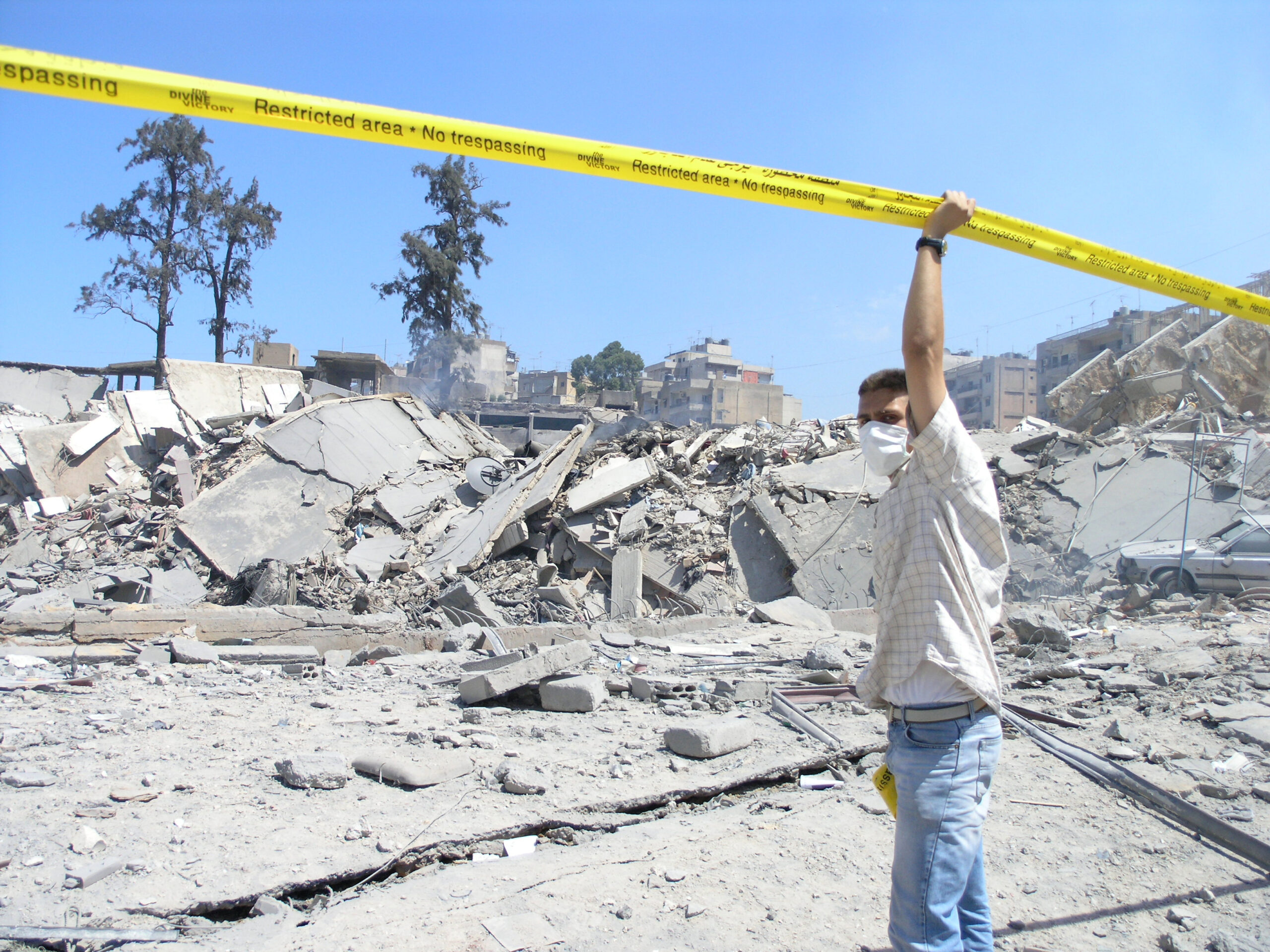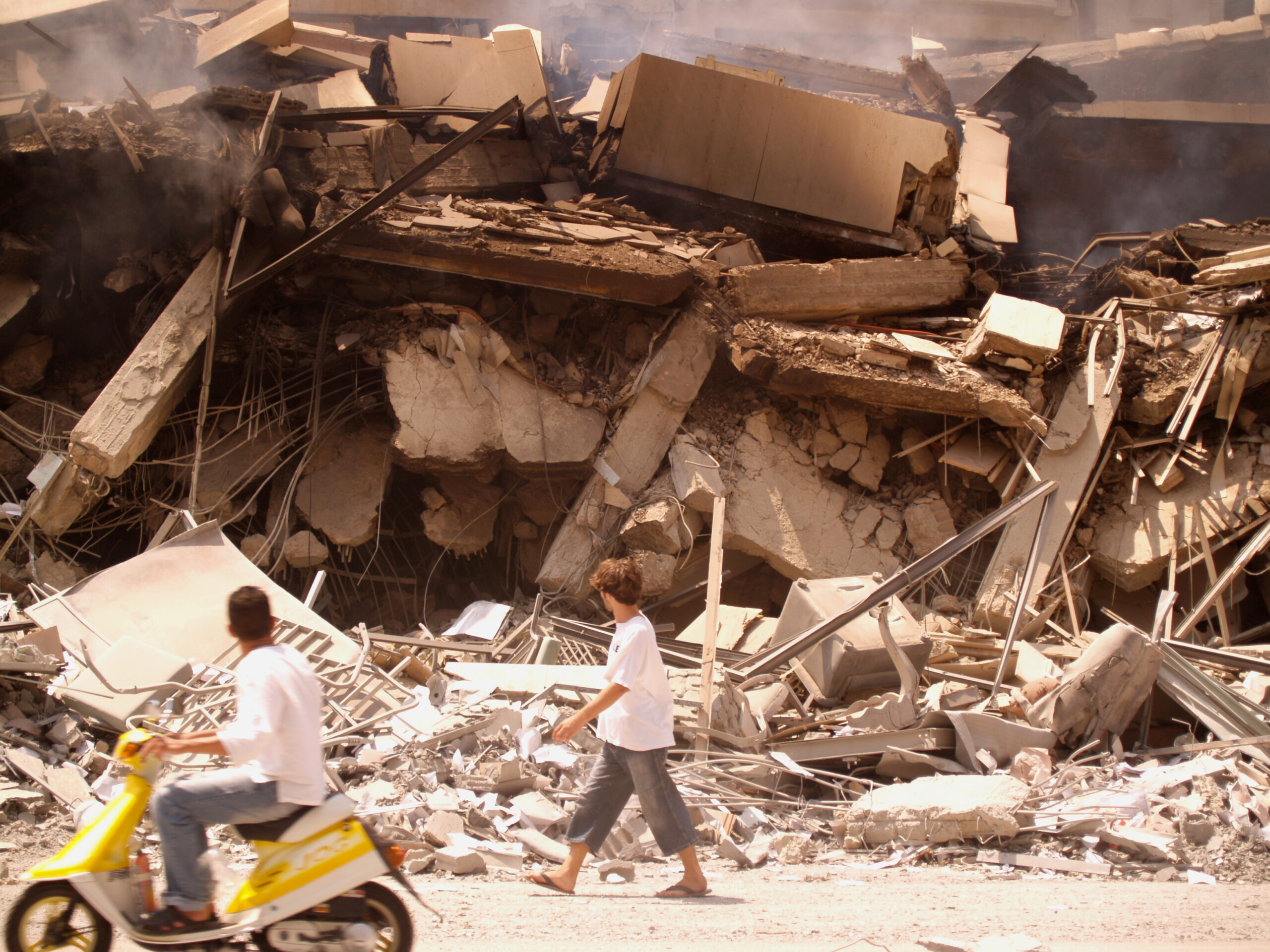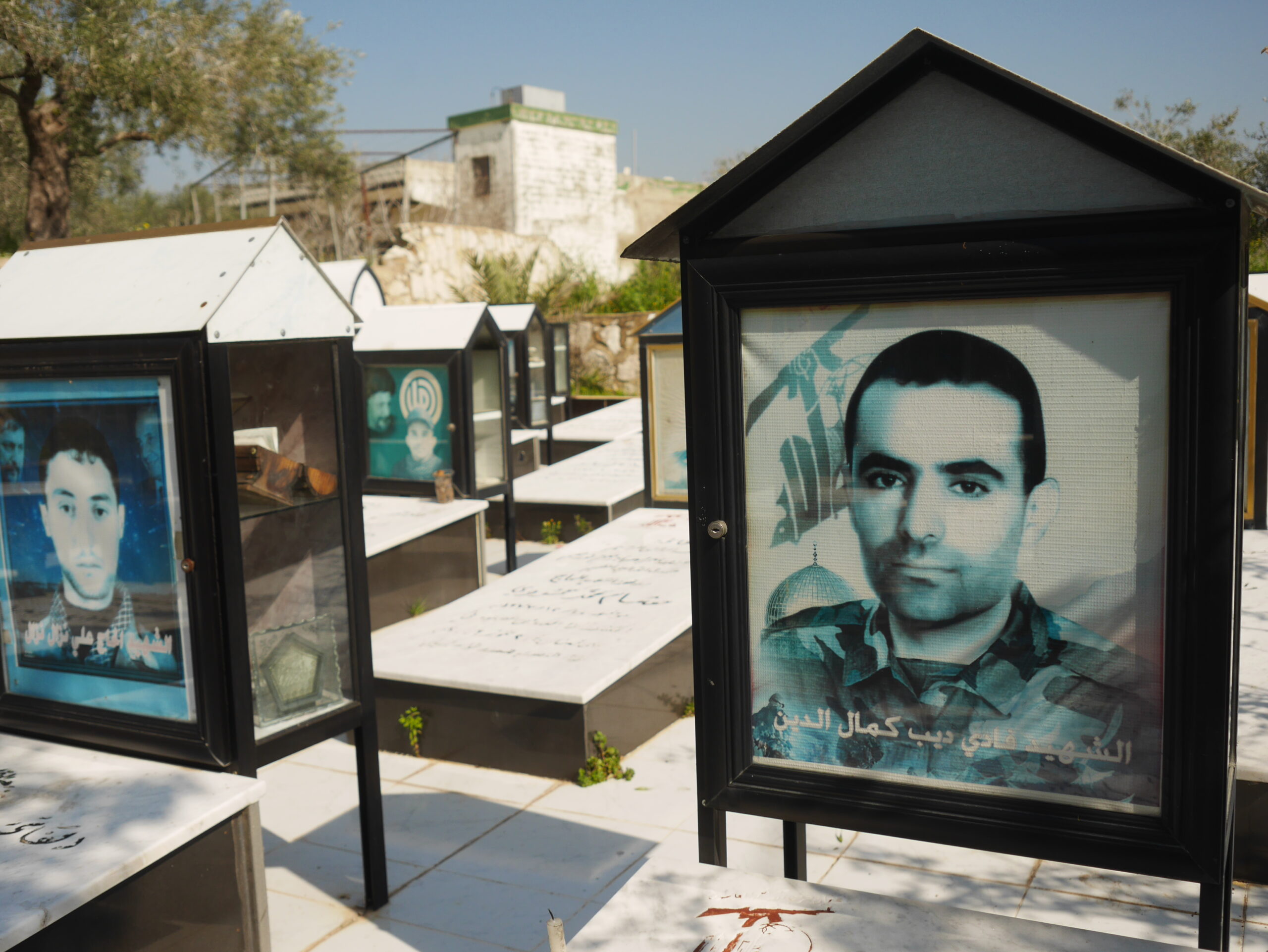Aqaba- I finished my latest Fabled City episode (above) which is a bit of a very personal mini-documentary. It is rare that I revisit specific sites from past wars. Usually you report a story a move on to the next conflict in a whole other region. The next story I worked on after this was Indian-occupied Kashmir. After that is was the effects of the Rohingya genocide on Bangladesh. From story to story. Keep it moving. Or in many cases, even if I wanted to go back to somewhere, it was impossible. Libya comes to mind. Often times a past visa-less battle zones are legally or logistically nearly impossible to reach again. Some places could be entered for just a brief moment in time before a new regime takes hold and institutes much of the same bureaucracy it claimed it was fighting to overthrow.
Back in 2006 I rushed off to cover the war in Lebanon as part of a longer linear narrative. Rather than look at the wars of the 2000s as entirely discrete stories–Afghanistan–then 18 months on, Iraq etc etc, I wanted to frame them as part of a then evolving continuum with a more holistic perspective on what was being pedaled by certain influential thinkers as an almost unavoidable civilisational conflict. Us vs Them, neoconservatives vs violent Wahabbis/salafis (these terms were often used interchangeably), West vs East, and so forth. The terror wars were defined by their lack of a clear definition. There were no clear geographic boundaries to this new, very 21st century conflict. The Americans were at war in Afghanistan, preparing to go to war against Iraq, and yet the first known drone assassination occurred in Yemen? The terror wars were to know neither geographic boundaries, nor those concerning the very laws of war.

The war in Lebanon in July & August 2006 didn’t fit into this paradigm as it was not waged by the United States but by Israel and the militants with whom that country went to war were a mix of primarily armed Shia parties that portrayed themselves as rational actors who were engaged in defending the borders of a multi-confessional nation-state. The war in the Levant was both confounding in this respect while personally troubling in its mechanised brutality.

Having experienced 9/11 at home in New York, I had quietly made a personal pledge to try and bear witness to every accessible aspect pf the terror wars short of spending unwanted time in a black site. 9/11 was the inception point of my entry not into the Middle East or South Asia (already been traveling all over both since the 1990s) but into the news business as it were. Chasing stories. Risking all. The consequences were not more than I could have ever imagined, I’d had colleagues die already in the Levant and Caucasus. But they were more than I was prepared for for myself I suppose.

